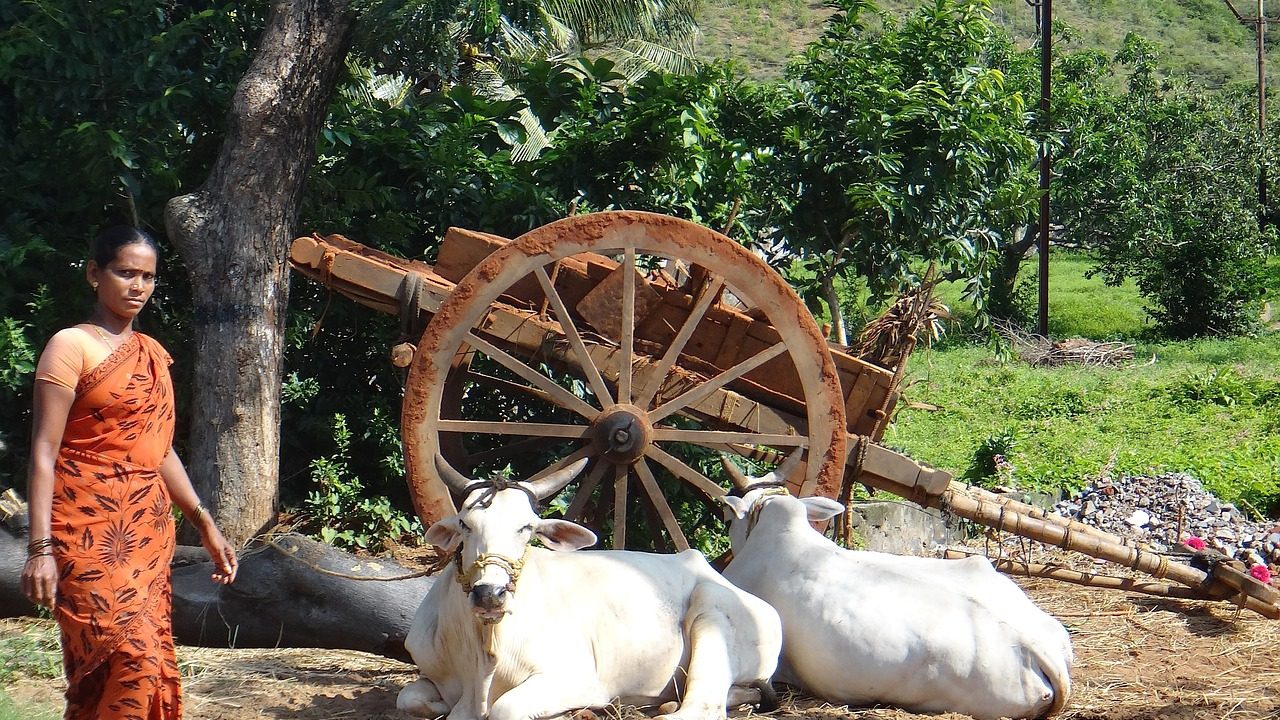
Better Education Can Help Reduce Risk of Hypertension & Diabetes
- News
- 1K
Better Education Can Help Reduce Risk of Hypertension & Diabetes Among Rural Women
Hypertension and diabetes are emerging as major health challenge not just in cities but in rural areas as well, and particularly among women. A new study says improved education, standardization of testing as well as follow up of hypertension and diabetes after childbirth are needed in Indian rural areas.
Women in rural areas are particularly vulnerable to complications due to limited awareness of the risk factors for cardio-metabolic disorders, and limited healthcare access and quality. Early identification and counseling of women at high risk of cardiometabolic disorders through innovative community-level interventions may offer opportunities to address the escalating burden of these conditions.
The study indicated that there is an urgent need to raise awareness among rural women and healthcare workers at all levels of the postpartum period and the long-term health of women with a history of hypertension and gestational diabetes.
“Home-based BP monitoring by Community Health Workers (CHWs) has been shown to be feasible and effective in several studies, both within and outside the context of pregnancy. With the correct support and supervision, task-sharing postpartum care with health workers may help address the significant workforce shortages affecting specialist obstetricians in rural India,” says Dr. D Praveen, a member of the research team at The George Institute of Public Health India.
Tackling anemia among rural women is also key to addressing risk factors for non-communicable diseases. “Anemia was identified as the most common and important high-risk condition affecting pregnant women in study areas,” pointed out lead researcher Dr. Shobana Nagraj. The study points out that pregnant women recognize potentially negative consequences of anemia in pregnancy on their babies, but do not have the same sense of urgency or recognize the serious impacts of the condition on their own health.
Results from the study will form the basis of launching a new toolkit for ASHA workers to detect cardiovascular risk among pregnant women, researchers said. The study was undertaken in Andhra Pradesh and Haryana by researchers from The George Institute for Global Health, India and UK. The study results have been published in the journal BMJ Glob Health.
If you liked this article, then please subscribe to our YouTube Channel for the latest Science & Tech news. You can also find us on Twitter & Facebook.


